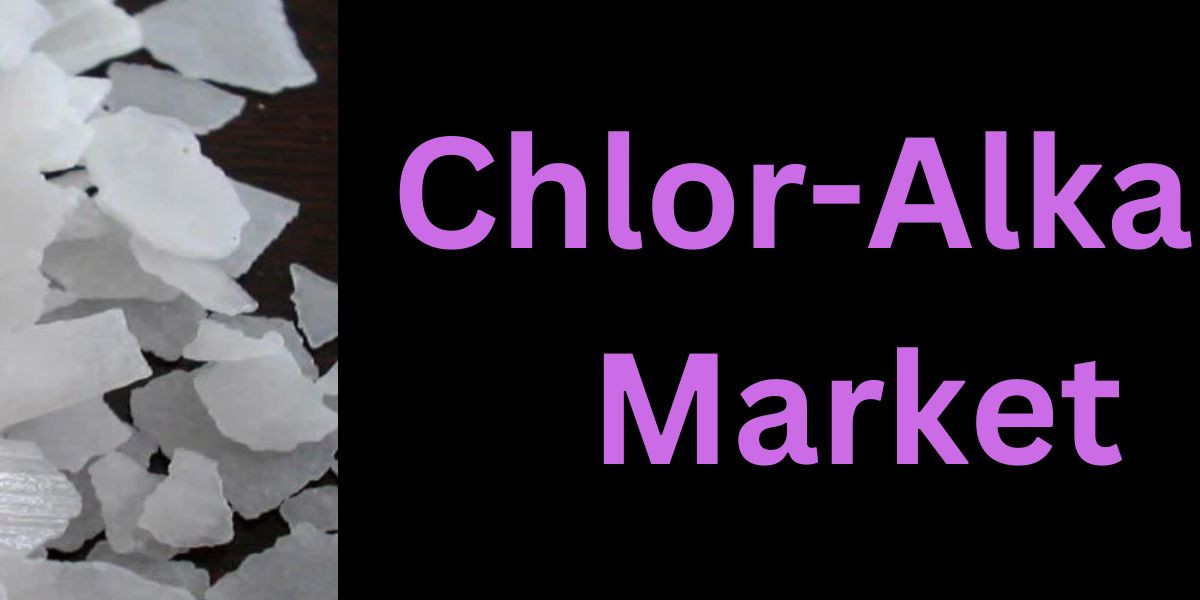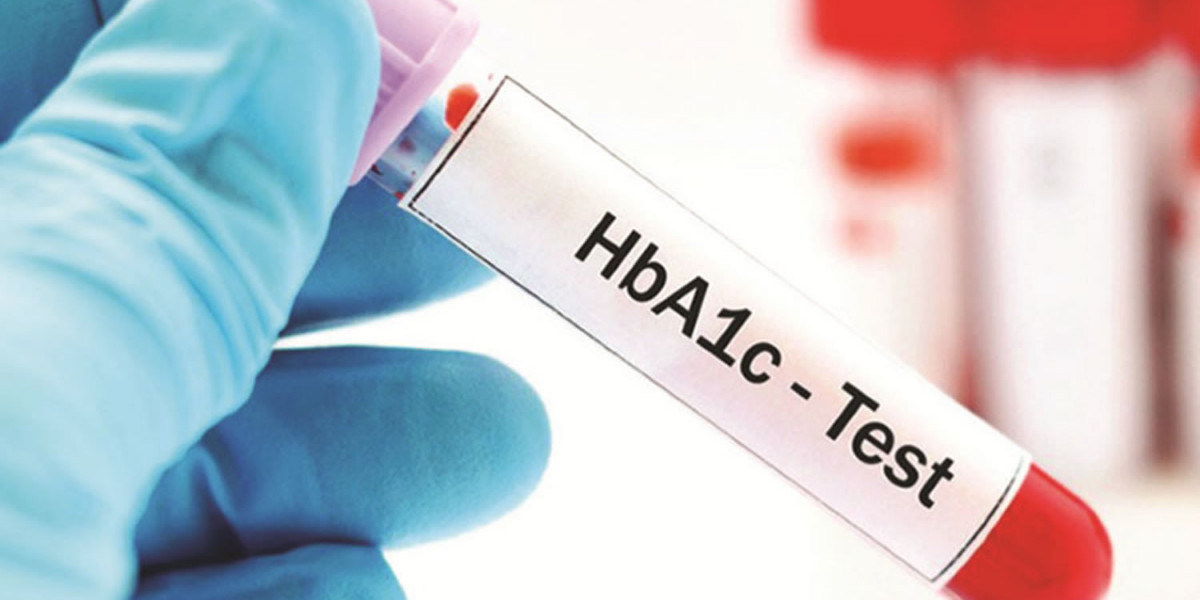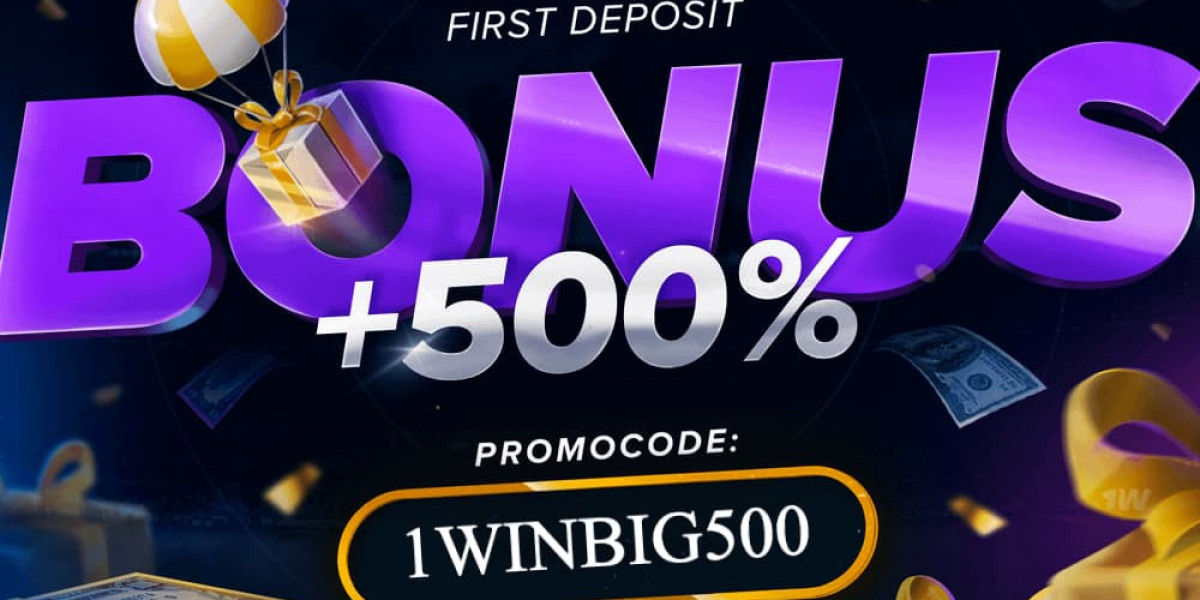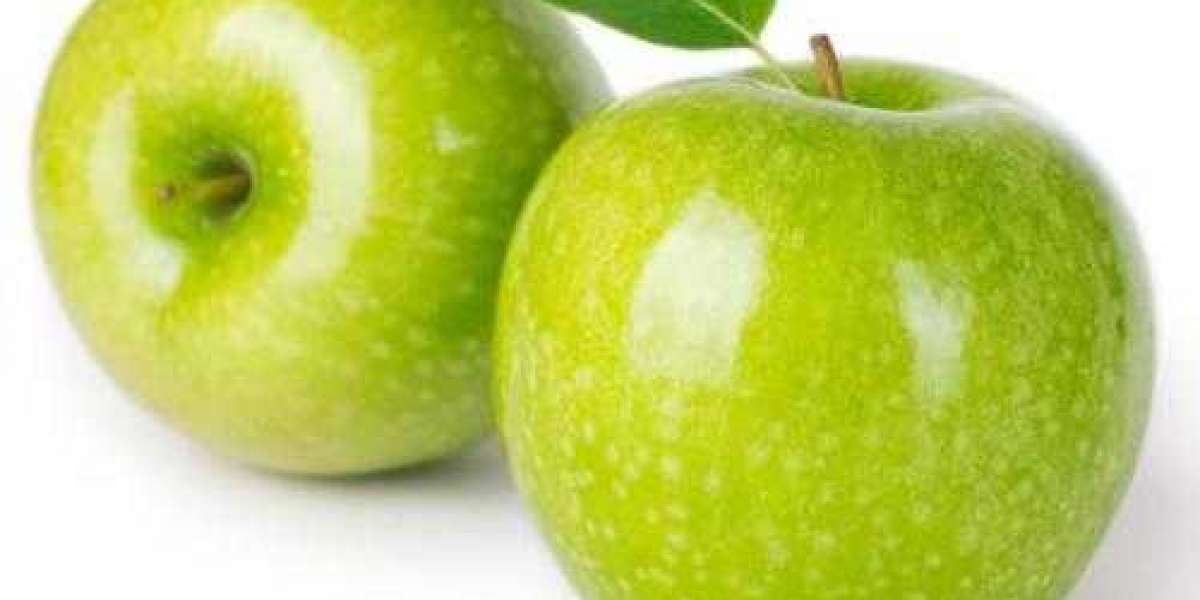According to the new market research report "Chlor-Alkali Market by Type (Caustic Soda (Alumina, Chemicals, Textiles, Soaps & Detergents), Chlorine (EDC/PVC, Isocyanates, Propylene Oxide, C1/C2 Aromatics), Soda Ash (Glass, Water Treatment, Metallurgy, Pulp & Paper)), Region - Global Forecast to 2026", published by MarketsandMarkets™, the global Chlor-Alkali market size is estimated to be USD 63.2 billion in 2021 and is projected to reach USD 77.4 billion by 2026, at a CAGR of 4.1% between 2021 and 2026.
The growth in demand for chlor-alkali in the APAC is expected to be driven by the vinyl chain (EDC/VCM/PVC). The demand for chlor-alkali in the APAC is driven by China, which accounts for a major share, globally. China is one of the fastest-growing countries, in terms of chlor-alkali consumption, due to its large chemical and petrochemical industries. India, with its emerging economy is expected to propel the demand for chlor-alkali products during the forecast period. The rising disposable income and focus on the domestic manufacturing industry is expected to increase the demand for chlor-alkali products. However, in Europe, the market for chlor-alkali products is projected to grow at a marginal rate during the forecast period. Countries in Europe follow stringent environmental regulations to control harmful industrial emissions. This is expected to lead to the closure of some capacities in the region. In North America, and particularly in the US, the growth in demand for chlorine is expected to be driven by the vinyl chain (EDC/VCM/PVC). New capacities are expected to be introduced as the demand from the vinyl industry is projected to increase due to the rising demand from the construction and residential housing sectors in the US. Environmental issues have led to the phasing out of certain applications of chlorine, including the cluster rules in the pulp & paper industry mandating chlorine-free bleaching.
Download PDF Brochure: https://www.marketsandmarkets.com/pdfdownloadNew.asp?id=708
Browse in-depth TOC on "Chlor-Alkali Market"
646 – Tables
55 – Figures
416 – Pages
View Detailed Table of Content Here: https://www.marketsandmarkets.com/Market-Reports/chlor-alkali-market-708.html
By application, Alumina account for the largest share for Caustic soda in the Chlor-Alkali market
Alumina occurs as aluminum oxide and is refined to produce aluminum. Due to the increasing demand for aluminum across the globe, especially from China, the demand for alumina is increasing steadily. Generally, caustic soda is used for the production of alumina. Thus, the steady growth of the market is expected to, in turn, support the growth of the chlor-alkali market. APAC dominates the market, followed by North America and Europe. The demand for caustic soda is projected to be driven by the shifting base of industrial production to the APAC, the increasing population, and the rising demand for infrastructure.
By application, EDC/PVC accounts for the largest share of Chlorine in the Chlor-Alkali market
PVC is utilized in the construction, electronics, healthcare, automotive, packaging, and other end-use industries. Its low cost and desirable physical & mechanical properties make it a suitable material was various applications. In 2019, the demand for PVC in Europe was approximately five million tons, which accounted for 10% of the overall production of plastic in Europe. Chlorine is utilized in production of EDC/PVC and growth in end-use industries for EDC/PVC expects to drive the demand for chlorine in Chlor-alkali market.
Request Sample Pages: https://www.marketsandmarkets.com/requestsampleNew.asp?id=708
By application, Glass account for the largest share for Soda Ash in the Chlor-Alkali market
Soda ash is an essential component in the manufacture of glass. Glass is produced by melting silica soda ash (approximately 15% of the total weight of the glass) and calcium compounds along with coloring agents and metallic oxides. Glass products are widely used in the construction, automotive, packaging, household, laboratory, and other industrial applications. APAC is projected to drive the demand for soda ash in the glass application due to the high demand from emerging economies where the construction and automotive sectors are growing.
APAC accounted for the largest share in the global Chlor-Alkali market
APAC accounted for the largest share of the Chlor-Alkali market in 2020, followed by Europe and North America. APAC recorded the largest demand for chlor-alkali in the past few years due to the growing investments in developing countries and manufacturing capacity additions across end-use industries, especially water treatment, and chemical processing. Increasing investments in infrastructure development projects, growing urbanization, rapid industrialization, improving the standard of living, and thriving automotive sector, as well as high economic growth, are the key factors for the regions overall growth.
Chlor-Alkali Market Key Players
The leading players in the Chlor-Alkali market are Olin Corporation(US), Westlake Chemical Corporation (US), Tata Chemicals Limited (India), Occidental Petroleum Corporation (US), Formosa Plastics Corporation (Taiwan), Solvay SA (Belgium), Tosoh Corporation (Japan), Hanwha Solutions Corporation (South Korea), Nirma Limited (India), AGC, Inc. (Japan), Dow Inc. (US), Xinjiang Zhongtai Chemical Co. Ltd. (China), INOVYN (UK), Ciner Resources Corporation (US), Wanhua-Borsodchem (Hungary), and others.








